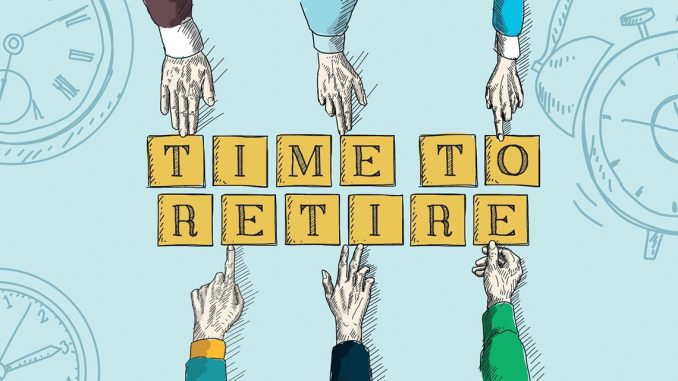
Knowing when you can retire is one of the most personal and consequential financial decisions you’ll ever make. It’s not just about reaching a certain age or hitting a magic number in your savings account—it’s about understanding your financial readiness, lifestyle goals, and emotional preparedness for a new chapter. Retirement isn’t a finish line; it’s a transition, and determining the right moment requires a thoughtful blend of planning, reflection, and realism.
The first step in assessing retirement readiness is evaluating your financial foundation. This means looking beyond your total savings and considering how those funds will translate into sustainable income. Retirement typically involves drawing from multiple sources—such as pensions, Social Security, investment accounts, and possibly rental income or part-time work. The question isn’t just how much you have saved, but how those assets will support your lifestyle over time. A common approach is to estimate your annual expenses and compare them to your expected income streams. If there’s a consistent gap, you may need to delay retirement or adjust your spending expectations.
Understanding your expenses is critical because retirement often changes your spending patterns. Some costs, like commuting or work-related expenses, may decrease, while others—such as healthcare, travel, or hobbies—can increase. It’s important to build a realistic budget that reflects your desired lifestyle, not just your current one. For example, if you plan to travel extensively or relocate to a more expensive area, those choices need to be factored into your financial projections. Likewise, healthcare costs tend to rise with age, and even with insurance or Medicare, out-of-pocket expenses can be significant. Planning for these variables helps ensure that your retirement is not only possible but comfortable.
Longevity is another key consideration. People are living longer, which means retirement could span 20, 30, or even 40 years. That’s a long time to rely on savings and fixed income. When evaluating your readiness, it’s wise to plan for a longer-than-expected retirement to avoid outliving your resources. This might involve adjusting your withdrawal rate, investing more conservatively, or considering annuities or other income-generating strategies. The goal is to create a financial plan that’s resilient enough to weather market fluctuations, inflation, and unexpected expenses.
Social Security plays a pivotal role in retirement planning, but timing matters. Claiming benefits early, at age 62, reduces your monthly payout, while waiting until full retirement age—or even age 70—can significantly increase your benefit. The decision depends on your health, life expectancy, and financial needs. For some, claiming early provides necessary income; for others, delaying offers a more secure future. It’s not a one-size-fits-all choice, and understanding the trade-offs is essential to making an informed decision.
Beyond the numbers, emotional readiness is equally important. Retirement changes your daily routine, social interactions, and sense of purpose. Some people thrive in retirement, embracing new hobbies, volunteering, or spending time with family. Others struggle with the loss of structure or identity tied to their careers. Before making the leap, it’s helpful to envision what your days will look like and whether that vision excites or unsettles you. If you’re unsure, a phased retirement—such as reducing hours or taking on consulting work—can offer a smoother transition and help you test the waters.
Timing also depends on external factors, such as market conditions, job satisfaction, and family dynamics. If your investments have taken a hit or if inflation is eroding purchasing power, it may be prudent to wait. Conversely, if your job has become stressful or if caregiving responsibilities are increasing, retiring sooner might be the right move. Flexibility is key, and being open to adjusting your timeline based on changing circumstances can lead to better outcomes.
Working with a financial advisor can provide clarity and confidence. Advisors can help model different scenarios, assess risk tolerance, and identify strategies to optimize income and minimize taxes. They can also offer an objective perspective, helping you separate emotional impulses from financial realities. Even if you’re comfortable managing your own finances, a second opinion can be invaluable when making such a significant decision.
Ultimately, knowing when you can retire is about aligning your financial resources with your personal goals and values. It’s not just about having enough—it’s about feeling secure, fulfilled, and ready for what comes next. By taking a comprehensive approach that considers income, expenses, longevity, emotional readiness, and external factors, you can make a decision that supports both your financial well-being and your quality of life. Retirement should be a time of freedom and possibility, and with careful planning, you can step into it with confidence and peace of mind.